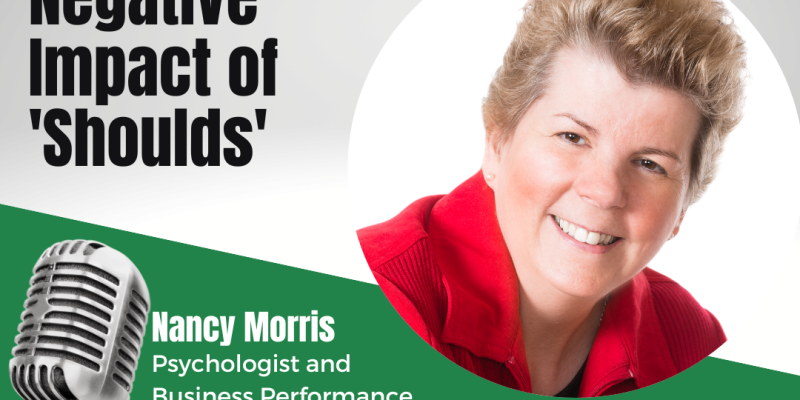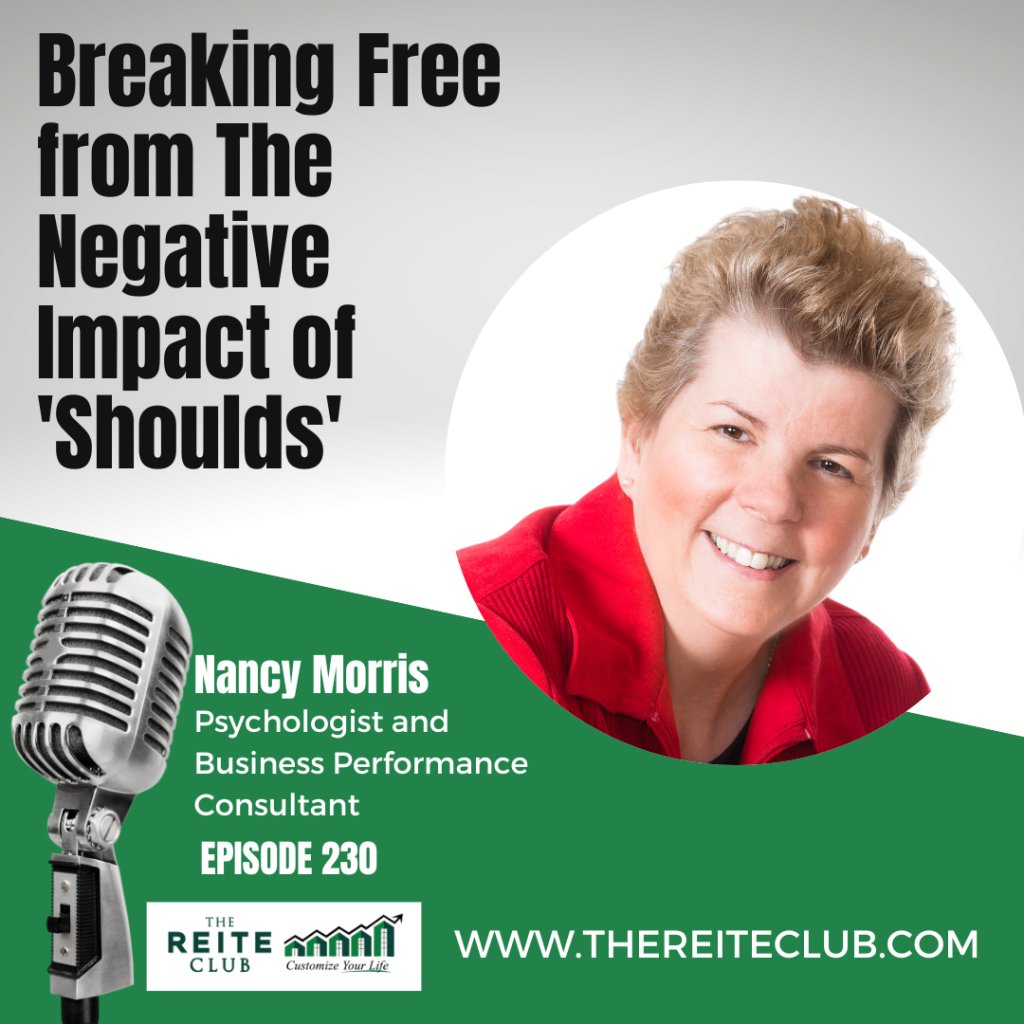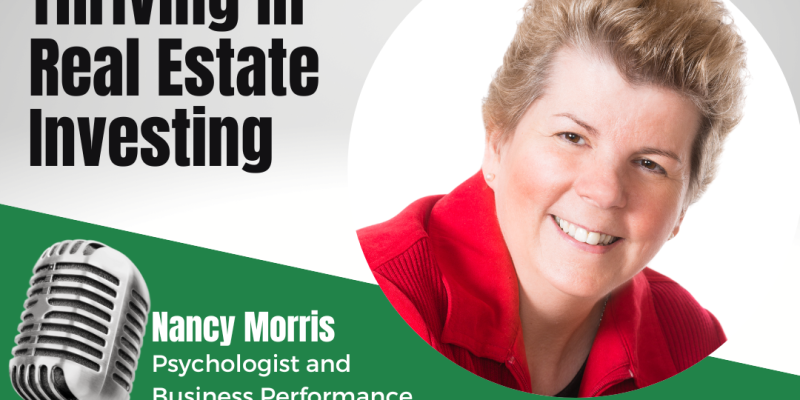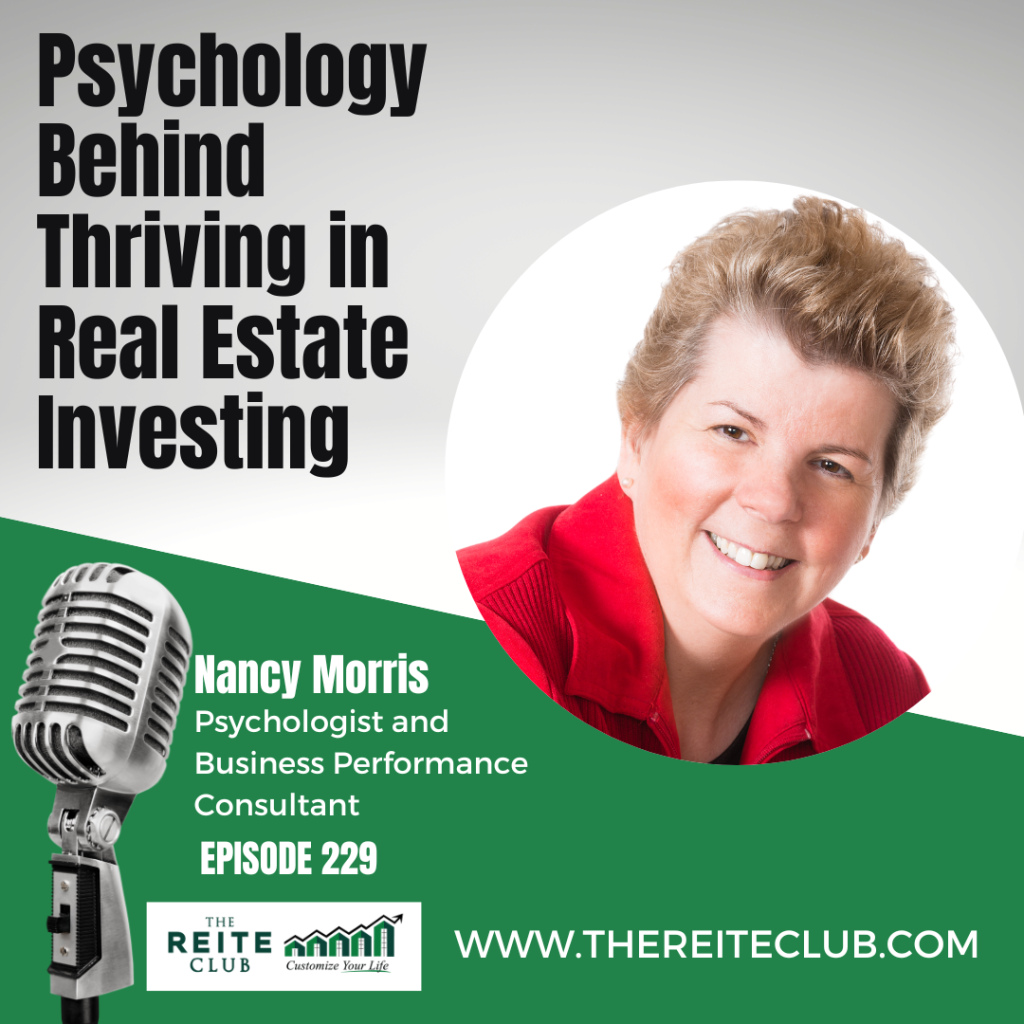Podcast: Play in new window | Download
Subscribe: Apple Podcasts | Spotify | Android | Email | TuneIn | RSS | More
If you’re feeling frustrated and defeated because despite all the research and hard work you’re putting into your real estate investments, you’re still not seeing any returns, then you are not alone!
In this episode, you will be able to:
- Surmount hurdles and conquer rejection in your real estate investing endeavours.
- Unravel the importance of tenacity, adaptability, and a growth mindset for your success journey.
- Pay attention to aspects within your grasp while searching for diverse solutions to improve outcomes.
- Develop a robust support infrastructure and connect with fellow real estate investors.
- Grasp new opportunities, spring into action, and do away with any hindrances blocking your way to success.
Our special guest is UnstoppableTracy Schmitt, a source of inspiration for real estate investors everywhere and an unstoppable force of resilience and determination.

Born with no hands and legs, UnstoppableTracy has defied all odds and challenged the word “no” throughout her life. Embracing possibilities and taking action, she has proven that there are no excuses for success. As a real estate investor herself, she brings a wealth of experience and a unique perspective on overcoming challenges. UnstoppableTracy’s journey serves as an inspiration to fellow real estate investors who embrace the same spirit of resilience.
Everyone is a Valuable Contributor
Recognizing the value that each individual brings to the table is essential for fostering successful collaborations. By demonstrating appreciation and respect for each person’s contributions, one can create an empowering environment that promotes teamwork, cooperation, and ultimately, success.
During the interview, UnstoppableTracy shared her insights about the importance of acknowledging and valuing each person’s input. Drawing from the experience of being told she couldn’t attend a school due to her disability, she highlighted the importance of not making assumptions about why someone is saying no, and instead, finding alternative solutions. This approach showcases her belief that everyone has something valuable to contribute, and it is up to individuals to harness and optimize these skills to achieve success.
Overcoming Challenges with No Excuses, No Limits
Embracing the mindset of “no excuses, no limits” serves as a powerful driving force in achieving success, regardless of the obstacles one may face. By adopting this attitude, one can stay focused on their goals and maintain the determination to push through barriers. This mindset allows individuals to take full responsibility for their actions and helps them strive towards their objectives with unfaltering persistence.
In the podcast, UnstoppableTracy story is a prime example of someone who has faced seemingly insurmountable challenges but has persevered to achieve incredible accomplishments. Born without arms and only one leg, she was determined to rise above it all by adopting this “no excuses, no limits” mantra. This outlook enabled her to participate in the Paralympics, write a best-selling book, and make a name for herself as an insightful real estate investor.
The Importance of Persistence
Persistence in the face of challenges and setbacks is integral to achieving success. Staying committed to one’s goals and consistently working to achieve them helps build the resilience needed to weather adversities. Demonstrating persistence ensures that one continues to move forward, learn from experiences, and grow both personally and professionally.
In her conversation, UnstoppableTracy emphasized the importance of being persistent in one’s pursuits. Her own experiences of overcoming obstacles and embracing challenges show how crucial persistence is in reaching one’s goals. UnstoppableTracy’s determination to excel, despite her physical limitations, serves as an inspiration to all those who wish to pursue their dreams and succeed in any endeavour.
Get in touch with UnstoppableTracy;
Email: me@unstoppabletracy.com
Facebook: https://www.facebook.com/unstoppabletracy
Twitter: https://twitter.com/unstoppabletrac
Instagram: https://www.instagram.com/unstoppabletracy/
LinkedIn: https://www.linkedin.com/in/unstoppabletracyschmitt/
Additionally, UnstoppableTracy has a website at https://www.unstoppabletracy.com/ where you can find more information about her and her work.
This episode has been brought to you in part by
BM Select/Butler Mortgage – https://bmselect.ca/
Tracy is UNSTOPPABLE – and not just because she cameoed in the movie Robo Cop alongside Michael Keaton and Gary Oldman.
TV Host UnstoppableTracy #1 International MegaSuccess TedX Speaker has shared the stage with Jane Fonda, Dr. Phil, Michael Douglas, John Travolta, Mel Gibson, Mark Wahlberg, Mel Robbins and more!
Her mind-blowing story always gets standing ovations pushing audiences out of their limitation zones. She has been viewed virally with over 100 million views and is the #1 Female Transformational Leader winner by leadership guru John Maxwell out of 160 countries.
UnstoppableTracy doesn’t just talk about high performance in business…she lives it! Robert W. Jackson Award Recipient [Founder of the Canadian Paralympics], inducted into Canada’s Hall of Fame, C-SASIL Lifetime Achievement Awardee and as seen on ABC, BBC, CBC, City TV, Global News, NBC, FOX and globally in media around the world!
Oprah Magazine shared her story as Quest for the Gold World Cup Sailor, who climbed the Himalayan mountains, captained a 110-foot-tall ship, won paraskiing bronze and is funny too.
Oh, did we mention she was born a 4-way amputee?


















